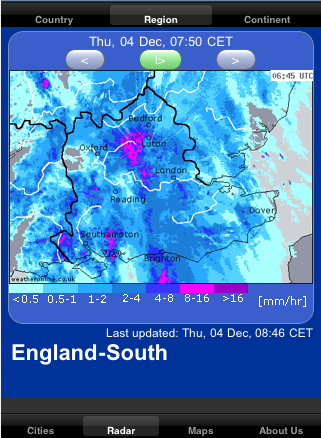

It is normal to feel anxious or isolated during a smoke event.

Contact your health care provider if your condition is not improving.īe aware of your mental health. Review your wildfire smoke plan and make sure you have enough medical supplies if the smoke continues to impact your community. Pay attention to information and direction from your local authorities and evacuate if told to do so. It is important to listen to your body and reduce or stop activities if you are experiencing symptoms.īe sure to check on people in your care and those around you who may be more susceptible to smoke. However, respirators do not reduce exposure to the gases in wildfire smoke. These fine particles generally pose the greatest risk to health. If you must spend time outdoors, a well-fitted respirator type mask (such as a NIOSH certified N95 or equivalent respirator) that does not allow air to pass through small openings between the mask and face, can help reduce your exposure to the fine particles in smoke. Contact your local health or municipal authorities for more information. Take a break from the smoke by temporarily relocating or finding a location in your community with clean, cool air such as a library, shopping mall or community centre. Check the filter and change it if required. Use an air purifier with a High Efficiency Particulate Air (HEPA) filter in a room where you spend a lot of time.

LONDON ON WEATHER NETWORK RADAR WINDOWS
Keep your doors and windows closed if the temperature in your home is comfortable. Stay inside if you are feeling unwell and experiencing symptoms. Stop outdoor activities and contact your health care provider if you or someone in your care experiences shortness of breath, wheezing (including asthma attacks), severe cough, dizziness or chest pains. People with lung disease (such as asthma) or heart disease, older adults, children, pregnant people, and people who work outdoors are at higher risk of experiencing health effects caused by wildfire smoke. Continue to take actions to protect your health and reduce exposure to smoke. Poor air quality will persist into the weekend.Īir quality and visibility due to wildfire smoke can fluctuate over short distances and can vary considerably from hour to hour.įor more details, please consult Wildfire smoke can be harmful to everyone’s health even at low concentrations. Smoke plumes from forest fires in Quebec and northeastern Ontario have resulted in deteriorated air quality. "Hail emerges as a prominent threat, with the potential for hailstones exceeding 2 inches in diameter," Johnson-Levine said.High levels of air pollution have developed due to smoke from forest fires. Large hail – think the size of a lime or a medium-sized egg – is probably the biggest threat, meteorologists said, though gusty winds and downpours are expected to come with the storm systems, too.

Residents in Texas, Oklahoma and eastern Colorado are among those at a marginal risk for severe weather on Tuesday, forecasts show. Here’s a look at Tuesday’s weather forecast. Tuesday should also bring showers and thunderstorms along the Gulf Coast and through the southeast.Īnd residents in the upper Midwest should get another day of above-average temperatures before a “significant” cool-down on Wednesday, according to the National Weather Service. "A classic severe weather setup will ensue in the High Plains as moisture, wind shear and atmospheric instability will fuel the development of storms this week," AccuWeather Meteorologist Andrew Johnson-Levine explained. for the rest of the week, meteorologists said. Severe storms could threaten the nation's Plains through the rest of the week, starting Tuesday.Ī jet stream over the western part of the country is driving the weather pattern that will send “repeated pockets of powerful storms” through the central U.S.


 0 kommentar(er)
0 kommentar(er)
